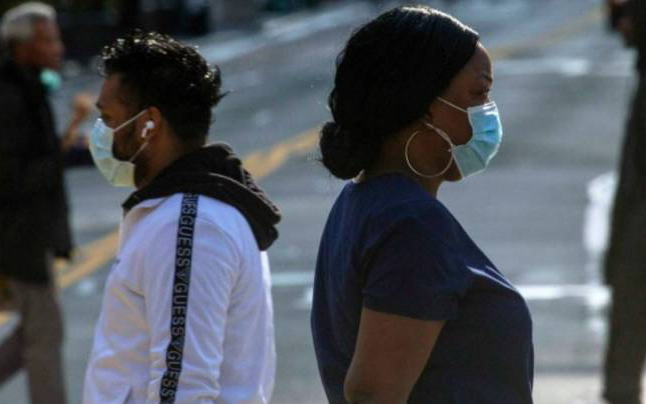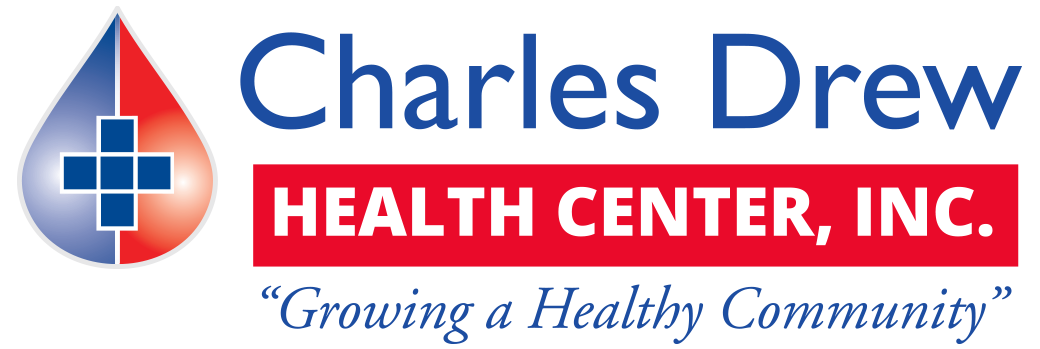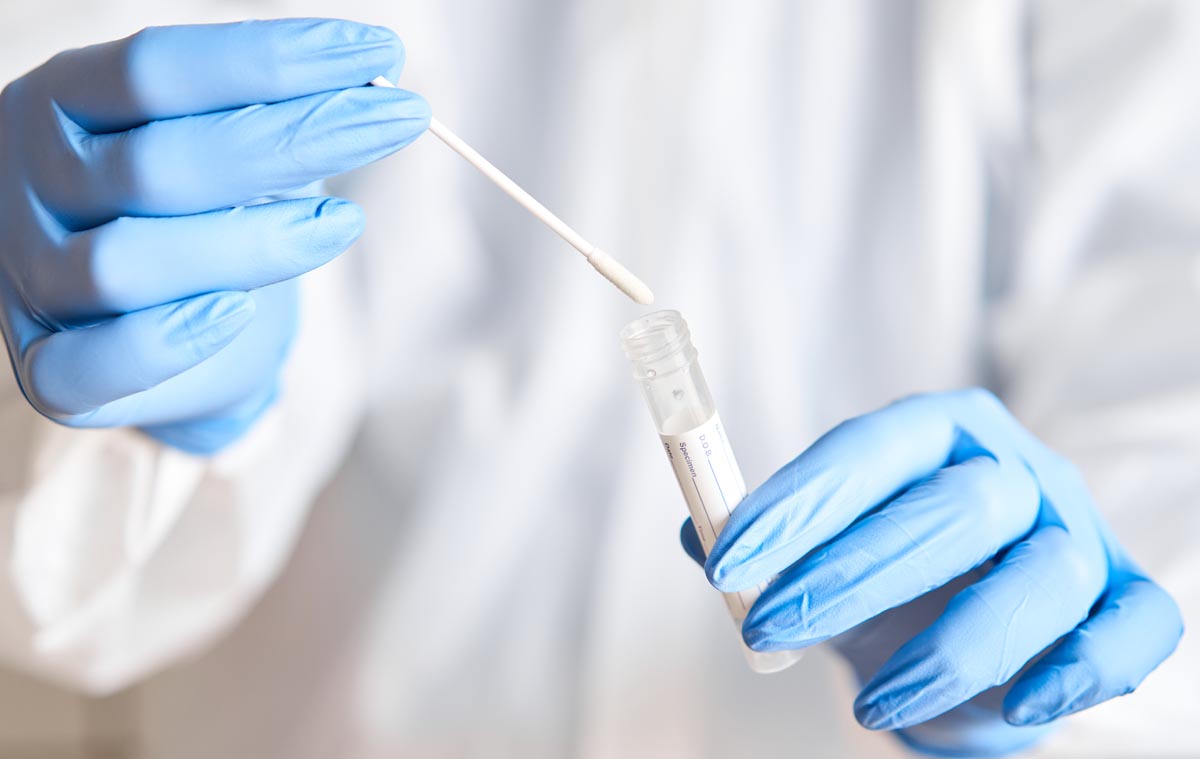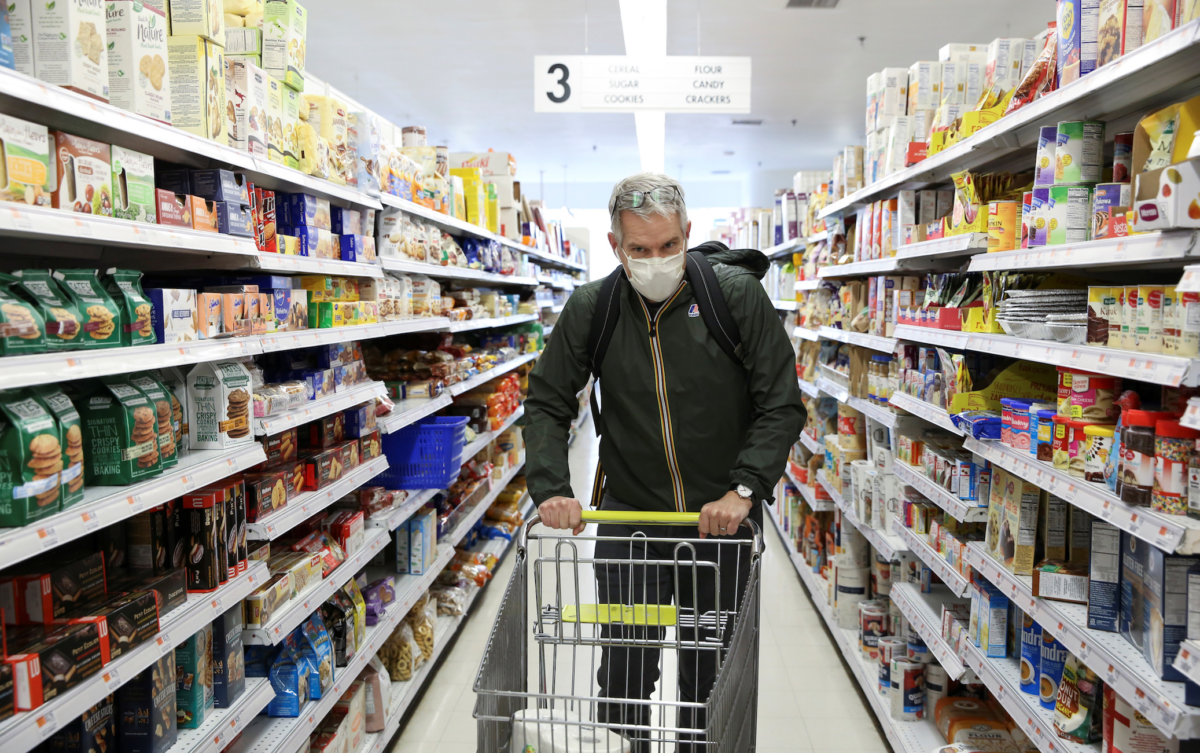Relaxed Restrictions

As businesses and restaurants begin to re-open, it’s easy to be lulled into a false sense of security and the feeling that things have somehow returned to normal, or at least as close to normal as we can get during these uncertain times. Unfortunately, this couldn’t be further from the truth. While the State of Nebraska has relaxed some of its restrictions, cases continue to rise throughout the State and within the Omaha Metro Area. In fact, in recent weeks, Nebraska has experienced one of the largest percentage increases of new cases of COVID-19 of any state in the country.
We also continue to see disturbing trends with respect to disproportionate incidents and severity of symptoms of COVID-19 among racial minorities. Nationally, data from the Centers for Disease Control and Prevention (CDC) reveals African Americans comprise 28 percent of the nation’s 1.5 million COVID cases and 21 percent of fatalities—more than double their percentage of the nation’s population. The conditions in which people live, learn and work contribute to their health. These conditions, over time lead to different levels of health risks, needs and outcomes among some racial and ethnic minority groups. In a public health emergency such as COVID-19, these conditions can also isolate people from the resources they need to prepare for and respond to an outbreak. Institutional racism, poverty (and the toxic stress it frequently causes), unsafe housing, food deserts, and a lack of access to quality, affordable health care, have created widespread health disparities in America, especially when it comes to chronic conditions.
As cases continue to rise, it’s more important than ever that we increase our testing capacity of both symptomatic and asymptomatic individuals, especially those representing minority groups disproportionately affected by COVID-19. As the largest provider of primary integrated health care in North Omaha, Charles Drew Health Center, Inc. (CDHC) is on the frontlines of preventing the spread of COVID-19 in our community. We are currently providing testing to individuals who meet the CDC recommendation for priority population testing and are presenting with signs and symptoms. In addition, we believe that providing testing to asymptomatic individuals in order to better understand incidence of COVID-19 in our community and proactively identify any potential hotspots is essential in reducing the spread of the virus.
The healthcare professionals at CDHC are doing everything we can to curb the spread of COVID-19 in our community, but we cannot do it alone. In order to eradicate the virus, it is going to take all of us working together improving day to day life and harnessing the strengths of our collective neighborhoods to prioritize resources and reduce barriers to care and support.
Unfortunately, it is likely that we will see an increase in local cases in future weeks as our current trajectory continues, boosted by new cases of community spread resulting from relaxed restrictions. It has never been more important for us to take of this moment and do our part in preventing the spread of the virus. This includes personal distancing at a minimum six feet, proper hand washing for at least twenty seconds, avoiding large crowds, wearing a cloth facial covering when in public and above all staying home, safe, and informed.
Now more than ever, I am so grateful to everyone that has supported Charles Drew over the years, helping us to grow into the full service health center we are today and empowering us to meet the medical, dental, behavioral health, and wellness needs of thousands of men, women and children in the Omaha metropolitan area. In addition to following CDC guidelines and maintaining standard infection control best practices, we are working proactively with the Nebraska Department of Health and Human Services, Douglas County Health Department, and countless partner organizations to monitor, stay informed and keep our community safe and healthy. If you believe you may be suffering from symptoms of COVID-19 including fever, cough, or shortness of breath, please call us at (402) 451-3553.


